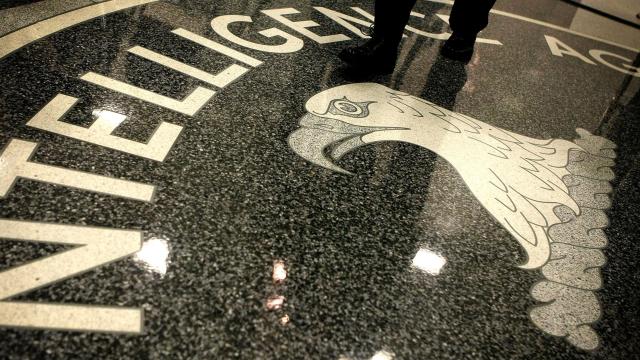High-level officials from the CIA, FBI, and NSA are testifying before the Senate Judiciary Committee today, asking Congress to continue allowing the agency to spy on the communications of US citizens. They are urging Congress to reauthorize Section 702 of the Foreign Intelligence Surveillance Act (FISA) — one of the nation’s most hotly contested government surveillance programs. Intelligence agencies have long cited the powerful 2008 FISA provision as an invaluable tool to effectively combat global terrorism, but critics, including an increasing number of lawmakers from both parties, say those same agencies have morphed the provision into an unchecked, warrantless domestic spying tool. The provision is set to expire at the end of this year.
Today’s hearing could provide a sharp contrast to an April hearing held by the House Judiciary Committee, where expert witnesses and lawmakers alike criticised the program and railed against intelligence agencies for lacking sufficient oversight or transparency. Though first introduced as a means to quickly target foreign espionage targes, section 702 has become something else entirely, according to critics like the ACLU and the EFF, who argue the government “routinely” uses the provision to collect communication information of Americans who, for whatever reason, may have had communication with a surveillance target outside of the US. Intelligence officials, during the hearing, will get their opportunity to convince the public and Congress if those privacy tradeoffs are worth it.
Click the link below to watch the hearing.
FBI claims it ‘cannot afford to lose’ domestic spying tools
Paul Abbate, the FBI Deputy Director, provided a preview of his agency’s defence for Section 702 last week at the Boston Conference on Cybersiiiiecurity, where he told audience members his agency, “cannot afford to lose” the provision. During his speech, Abbate said 702 gives intelligence agencies the investigative flexibility to “connect the dots” between foreign surveillance threats and potential targets within the US.
“FISA 702 keeps us agile and efficient, and it is absolutely critical for the FBI to continue protecting the American people — not just from cyberattacks but also from terrorist attacks, foreign spies, and a host of other hostile threats,” Abbate said.
FBI agents aren’t the only government agency going to bat for 702. The Biden administration has spent months signalling its support for reauthorizing the measure. More recently, an official from the State Department claimed intelligence gleaned from the program was instrumental in helping analysts monitor “Russian atrocities” in Ukraine, take action against an unnamed Middle Eastern state that allegedly tracked dissidents abroad, and warn US business about a North Korean attempt to fund a nuclear through a digital fraud operation.
Privacy groups call 702 a ‘domestic spying tool’
Prior to the hearing, a coalition of 21 organisations, including The Brennan Centre for Justice and the Centre for Democracy and Technology, released a statement arguing 702 had become “a rich source of warrantless government access” to phone calls, texts, and emails of people based in the US. The groups claim the NSA “routinely” shares information about Americans with the FBI, CIA, and National Counterterrorism Centre, which then stores that data for at least five years. These intelligence agencies are also able to search through the 702 databases to pull up sensitive information about US citizens. This reimagining of the intended “incidental collection” of Americans under the provision, they said, amounts to a “bait and switch that guts Americans’ Fourth Amendment protections.”
Intelligence agencies like the FBI and NSA have invoked 702 to collect information on various sensitive groups engaged in political advocacy and dissent. In recent years, intelligence officials have used the provision to vacuum up communications from more than 100 Black Lives Matter activists, multiple journalists and political commentators, college students, and at least one sitting US representative.
Civil liberties advocates and multiple US lawmakers say Congress should legally require intelligence agencies to obtain a warrant to search for US citizens’ communications before voting to reauthorize 702. That requirement would, in theory, make it at least a bit more difficult for three-letter agencies to use 702 as an “end-run around Americans’ constitutional rights,” as the ACLU put it.
